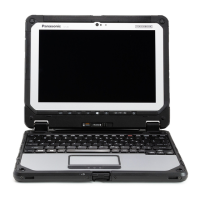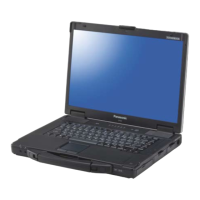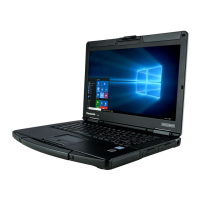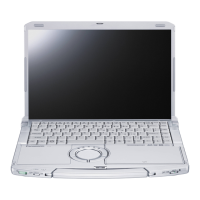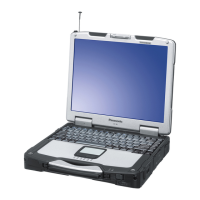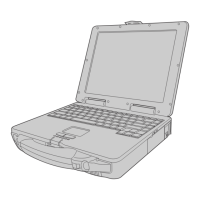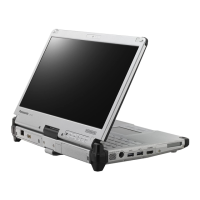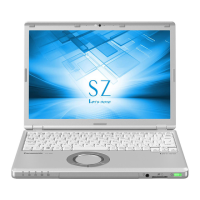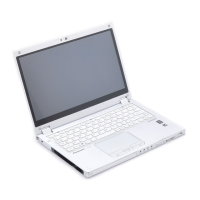201
Glossary
IEEE802.11g A wireless LAN standard approved by IEEE (Institute of Electrical and Electronics Engineers).
Enables communications at speeds up to 54 Mbps
*3
. This standard enables data transfers at
about five times the speed of 802.11b, using the same 2.4 GHz frequency band.
Also supports encryption using WEP (Wired Equivalent Privacy) (Î page 210), AES (Î page
193) and TKIP (Temporary Key Integrity Protocol) (Î page 209).
*3
The values shown are the maximum theoretical values for wireless LAN standards, and do not indicate
actual data transmission speeds.
IEEE802.1X A standard for wireless LAN user authentication approved by IEEE (Institute of Electrical and
Electronics Engineers). Authentication occurs before computer communications begin, so only
authorized users can conduct communications.
Internal LCD The LCD display in the main body of the computer. Compare “External Display” (a separate
display connected to the computer).
L
Legacy USB A mechanism that makes the computer confirm the USB (Î page 209) device after the
computer’s power is turned on and before Windows starts up. MS-DOS was developed before
the origin of USB technology, the ability to recognize USB devices was not included. However,
if the computer is compatible with Legacy USB, it will recognize USB devices.
z In this computer, the Setup Utility includes the item [Legacy USB Support]. If this item is set
to [Enable], the computer will recognize a USB keyboard or USB floppy disk drive before
Windows starts up.
LAN – Local Area Network A computer network confined to a comparatively limited area, such as a company or a school.
Log-Off Deactivating the status in which the user can access a network or computer system (Logged
On). Also referred to as “log out”.
I
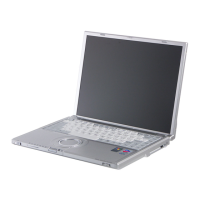
